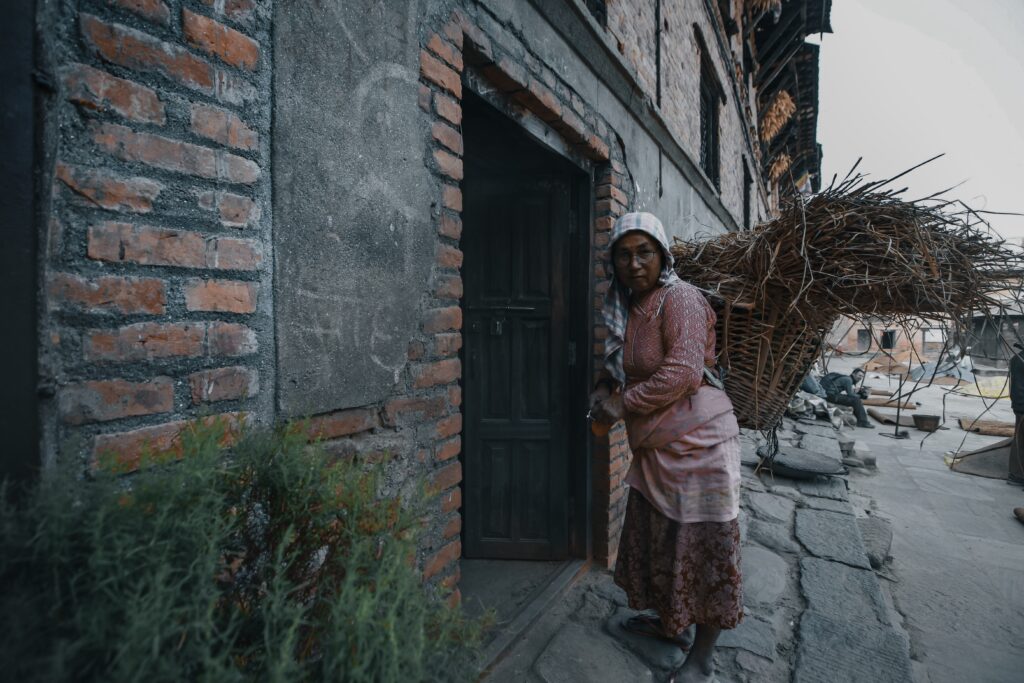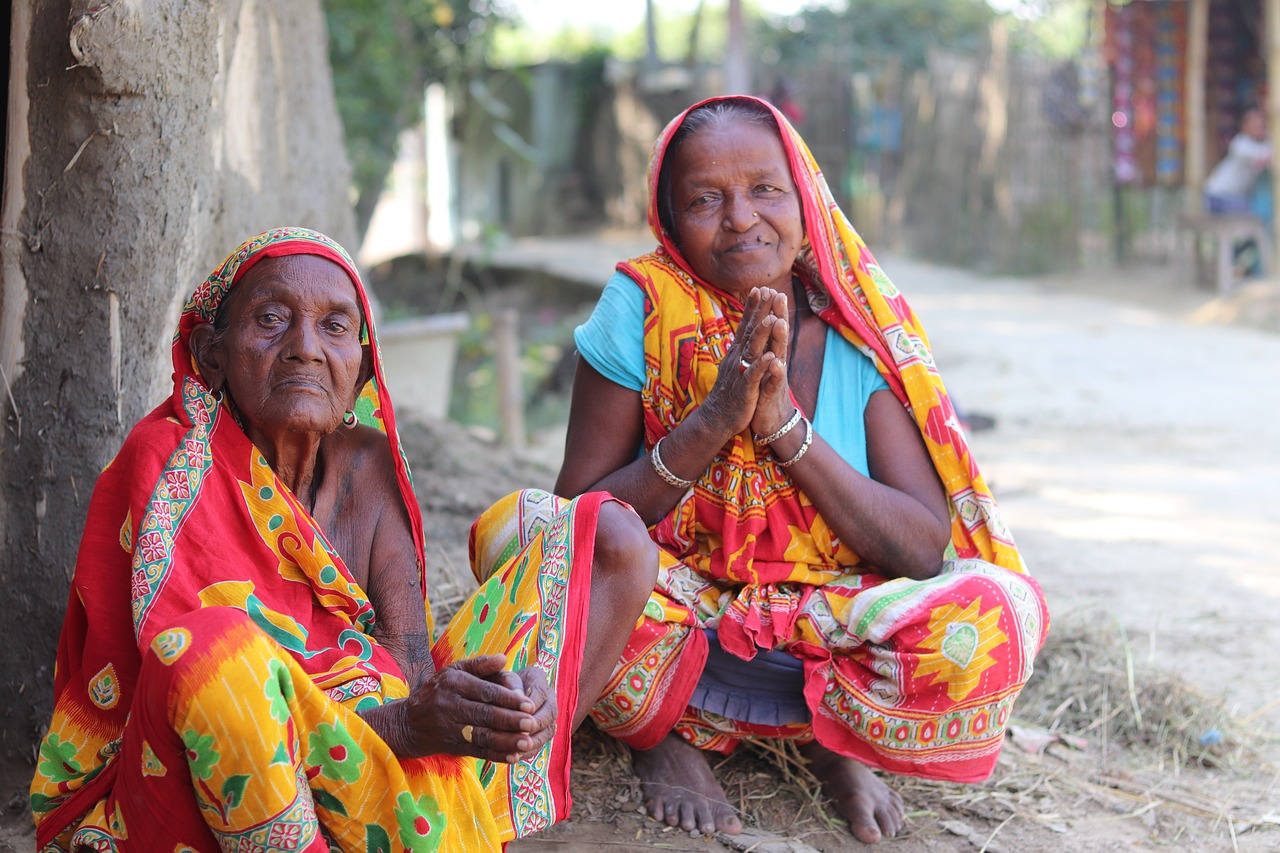Women’s participation in politics and decision-making processes is a crucial aspect of achieving gender equality and promoting social progress. In India, like in many other countries, achieving this goal has been an ongoing challenge. The Women’s Reservation Bill, also known as the Constitution (108th Amendment) Bill, seeks to address this issue by reserving one-third of the seats in the Lok Sabha (the lower house of India’s Parliament) and state legislative assemblies for women. In this article, we will explore the need for the Women’s Reservation Bill, its journey through the Indian legislative system, and its potential impact on women’s political representation.
Historical Context
The Women’s Reservation Bill was first introduced in the Rajya Sabha (the upper house of Parliament) in 1996. The primary objective of the bill is to ensure greater participation of women in decision-making processes at the highest levels of governance. It aims to provide women with a stronger voice in shaping policies and laws that affect their lives and the lives of all citizens.
The Under representation of Women in Indian Politics
One of the driving factors behind the Women’s Reservation Bill is the stark under representation of women in Indian politics. Despite making up approximately 50% of the population, women have been consistently marginalized in the political sphere. India’s political landscape has been dominated by men for decades, which has resulted in a lack of gender-sensitive policies and an absence of diverse perspectives.
As of my last knowledge update in September 2021, women held only about 14% of the seats in the Lok Sabha, a far cry from their proportion in the population. Similar disparities exist at the state legislative assembly level. This underrepresentation not only limits the influence of women but also perpetuates gender inequalities in various sectors.
Key Provisions of the Women’s Reservation Bill
The Women’s Reservation Bill proposes the reservation of one-third of all seats for women in the Lok Sabha and state legislative assemblies. The bill aims to ensure that women are adequately represented in decision-making bodies, providing them with an equal opportunity to participate in shaping the nation’s future.
Challenges and Opposition
While the Women’s Reservation Bill is a significant step towards achieving gender equality in Indian politics, it has faced considerable challenges and opposition. Some of the key arguments against the bill include concerns about its implementation, potential tokenism, and the belief that reservation based on gender could lead to discrimination against other marginalized groups.
The bill has been a topic of intense debate and discussion in the Indian Parliament, with some political parties expressing reservations about its provisions. However, proponents of the bill argue that it is a necessary step to address the historic gender gap in politics and that adequate safeguards can be put in place to ensure that it benefits all women, regardless of their background.
Impact on Women’s Political Representation
If implemented successfully, the Women’s Reservation Bill has the potential to significantly impact women’s political representation in India. It would create an enabling environment for women to enter politics and contribute their perspectives and expertise to the policymaking process. This increased representation could lead to the development of gender-sensitive policies and laws that address the unique challenges faced by women in Indian society.
Moreover, greater participation of women in politics can serve as a powerful catalyst for social change. Women leaders can inspire other women and girls to pursue leadership roles and challenge traditional gender norms. Their presence in politics can also lead to increased awareness and action on critical issues such as gender-based violence, education, healthcare, and economic empowerment.
International Perspectives
The need for increased women’s political representation is not unique to India. Many countries around the world have implemented similar measures to address gender imbalances in politics. For example, countries like Rwanda and Sweden have successfully increased women’s representation in their legislatures through quotas and reservation systems.
These international examples demonstrate that when women are given the opportunity to participate in politics, it leads to more inclusive and equitable governance. It also sends a powerful message about the importance of gender equality to the broader society.

Women’s Reservation Bill summary
The Women’s Reservation Bill in India represents a crucial step towards achieving gender equality in politics and decision-making. While it has faced opposition and challenges, its potential impact on women’s political representation and the development of gender-sensitive policies cannot be underestimated. Empowering women in politics is not just about numerical representation; it’s about ensuring that diverse voices and perspectives contribute to shaping the nation’s future.
The bill is still pending, awaiting passage in the Lok Sabha. The road ahead may be challenging, but the need for gender equality in politics remains an urgent and essential goal for India’s development and progress.
Facebook


